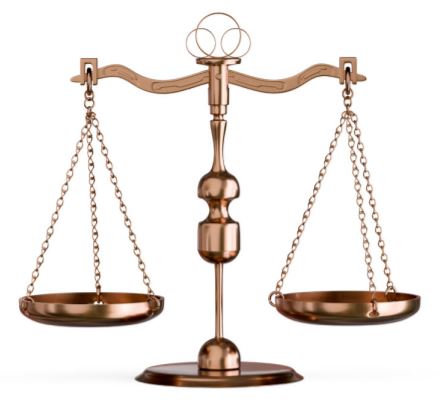Executors and administrators are the representatives of decedents’ estates and have the responsibility of administering and settling those estates. An executor is nominated by the testator for the purpose of executing
the will. Responsibilities include gathering up and protecting the assets of the estate, obtaining information in regard to all beneficiaries named in the will and any other potential heirs, collecting and arranging for payment of debts of the estate, approving or disapproving creditor’s claims, making sure estate taxes are calculated, forms filed and tax payments made, and in all ways assisting the attorney for the estate. An administrator is the court-appointed representative of an intestate estate and is responsible for administering and settling the estate pursuant to the state statutory rules of descent and distribution. Responsibilities include gathering up and protecting the assets of the estate, obtaining information in regard to all beneficiaries named in the will and any other potential heirs, collecting
and arranging for payment of debts of the estate, approving or disapproving creditor’s claims, making sure estate taxes are calculated, forms filed and tax payments made, and in all ways assisting the attorney for the estate.
Executors and Administrators

